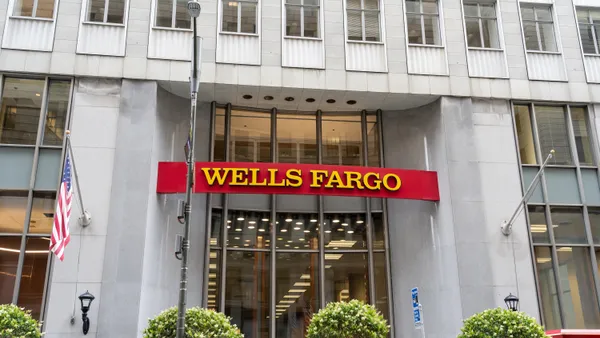Highlights
Company valuation:
Slack is worth more than $7 billion after closing nearly $430 million in funding in August. It's "on a path to public company readiness," though no date has been set.
Biggest deal of the year:
Slack purchased the intellectual property of Atlassian's HipChat and Stride for an undisclosed amount in July.
Outlook:
Slack has added enterprise-specific features in its platform. Those include key management enterprise tools and strengthened grid solutions.
Slack eliminated a competitor ... by devouring it.
The communication platform market is Slack's to lose, even with the "Redmond Monster" encroaching on its territory.
Atlassian came to Slack after deciding to end its communication platforms to focus on its true bread and butter: content management. And in the most symbiotic of ways, Slack gulped up the intellectual property of HipChat and Stride.
Slack and Atlassian "are making a bet on each other," said Rick Nucci, co-founder and CEO of Guru, in an interview with CIO Dive.
With the removal of Atlassian as a competitor, Slack is up against Microsoft, Google and Facebook in the communication platform market. Though other contenders have worthy platforms and notable customers, this is "a two-horse race" between Slack and Microsoft, which founded its communication platform Teams in 2017, said Nucci.
Slack may have gotten a head start in the market, but Microsoft is hot on its tail.
In August, Microsoft formally listed Slack as a competitor in its 10-K report, but "we knew that we had a competitor in Redmond so this is not necessarily something new," said Ilan Frank, head of enterprise product at Slack, in an interview with CIO Dive.
"We're really honored, honestly," said Frank, "it would be much more scary if they didn't care."
"We knew that we had a competitor in Redmond so this is not necessarily something new."

Ilan Frank
Head of enterprise product at Slack
Slack has been working to become the platform that handles multiple tasks while housing all crucial enterprise software tools, whereas Microsoft is used to providing a single suite for those tools in Office.
But Slack uses a broader ecosystem to give users more freedom in how they control the way they work. The people running Slack and the product "recognize that it needs to play nicely with a lot of different systems," and because of that, some of its tools are in better shape, said Carrie Basham Young, principal and CEO of Talk Social to Me, in an interview with CIO Dive.
| Company | Organizations | Customers |
|---|---|---|
| Slack | 500,000 | The New York Times, Target, Oracle |
| Microsoft Teams | 329,000 | McAfee, GE, Air France |
| Workplace by Facebook | 30,000 | Virgin Atlantic, Campbell's, Columbia Sportswear |
Slack can move "in a startup-like fashion, and Microsoft does not have that agility and hasn't had it for quite some time," said Basham Young.
A software company focused on one type of software communication has more nimbleness and liberty in experimentation and delivery. The company has bifurcated software development into enterprise customers and end users, according to Frank.
"That is really healthy in an enterprise organization and I don't see that going away at Slack," said Frank. Slack's agility and receptiveness to feedback has helped cultivate a loyal user base.
Slack tends to have a "grassroots demand in these large organizations, and its entryway into enterprise customers is largely already paved. Right now the company just has to get the C-suite to buy into a product their workforce may already use.
"Microsoft realizes that the time to win the collaboration market is right now."

Carrie Basham Young
Principal and CEO of Talk Social to Me
To help attract more enterprise customers, Slack is launching several tools, one of which is enterprise key management (EKM). EKM will allow Slack administrators to have control of encryption keys, a feature enterprise customers have been requesting for the past couple of years, according to Frank.
Essentially, EKM will give customers the security of an on-premise tool while still in the cloud, and it puts Slack in a "different class of enterprise-grade SaaS applications," said Frank.
Customer demands are falling heavily on security and compliance, something Microsoft is used to doubling down on, according to Basham Young. Focusing on solutions for expiring sessions, stolen or lost devices and limitations on downloads are all top of mind for Frank and his team.
Slack is continuing to shape itself as a hub for all enterprise software, a territory other SaaS providers have owned before.
"Microsoft realizes that the time to win the collaboration market is right now," said Basham Young, but Slack has been in the market longer than Teams and with more loyal inroads.
Read More
-
How Slack and Atlassian landed a 'sharp jab' in Microsoft's ribs
By Samantha Ann Schwartz • July 30, 2018 -
Hottest Market of the Year: Communication platforms
By Samantha Ann Schwartz • Dec. 4, 2018












